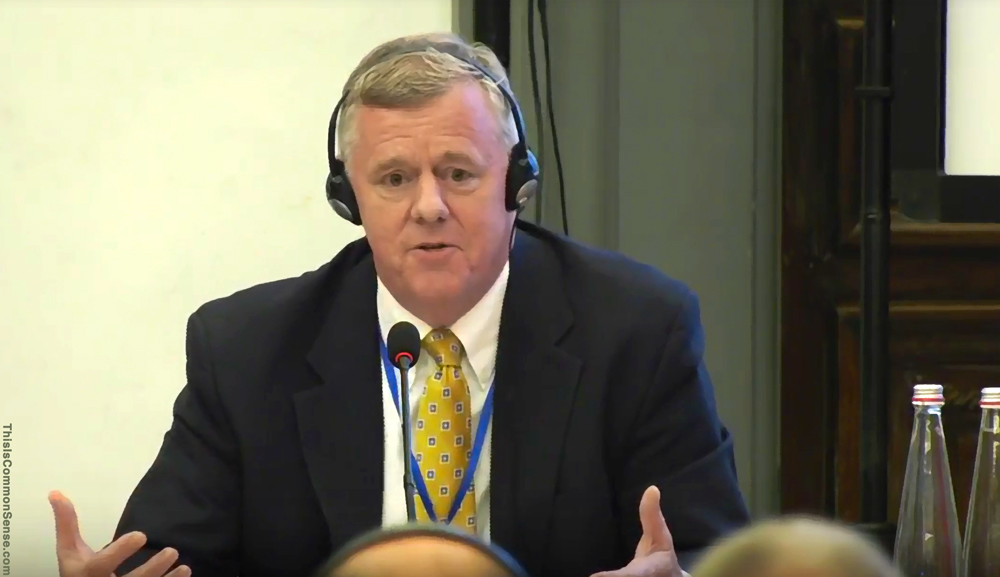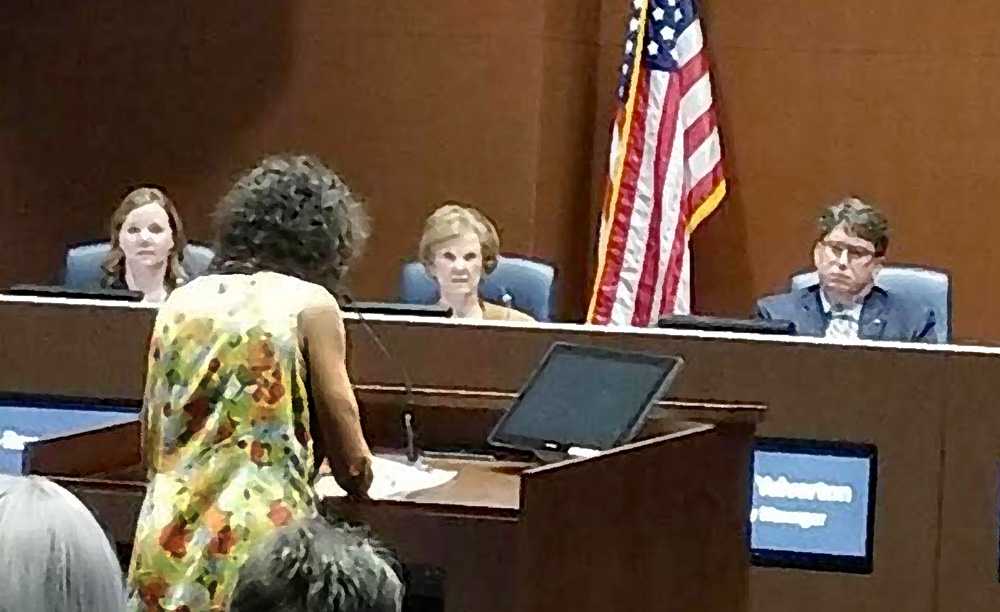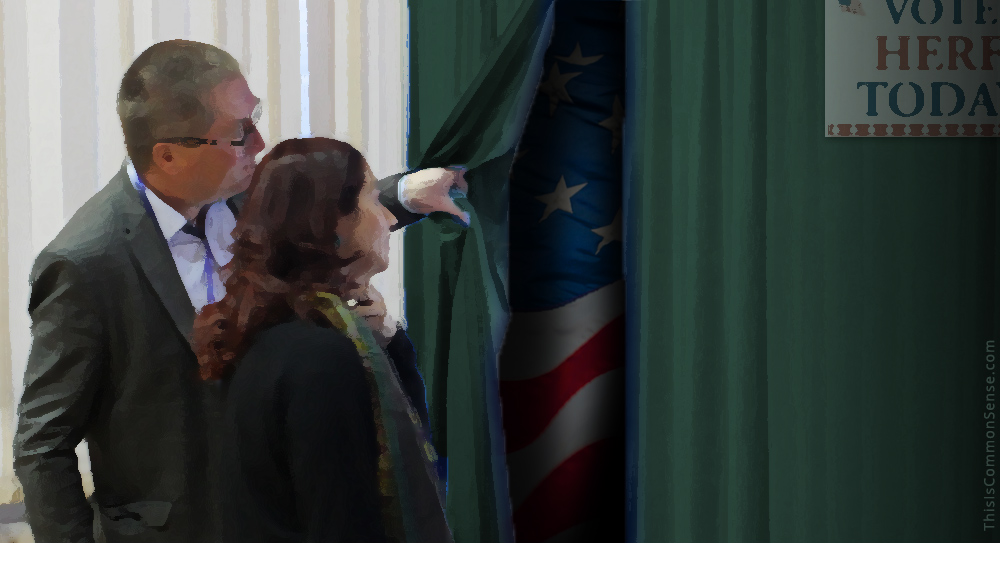A marriage made in … democracy?
Last Thursday, at the 2018 Global Forum on Modern Direct Democracy, held at the Palazzo Senatorio in Rome, Italy, I talked about term limits. And initiative and referendum rights.
Italy’s populist Five Star Movement, the leading party in the new ruling coalition, supports both expanding direct citizen-initiated democracy and the idea of limiting politicians to no more than two terms in office. So, imagine my enthusiasm on a morning panel of Italian academics, public officials, and practitioners of initiative and referendum.
I urged them to marry the two issues — term limits and direct democracy. Together, they counter-balance the clear conflict of interest elected officials have with doing the will of the people.
“The citizens are ready,” offered Flavia Marzano, Rome’s City Minister for Citizens Participation, referring to direct democracy. “Maybe so far, politicians are not so ready.”
She added, “We should merit the trust of the citizens.”
That afternoon, in keeping with the forum’s focus on cities, I delivered a short note on how after Nashville, Tennessee, voters passed term limits in 1994, the Metro Council has peppered the ballot with re-votes in 1996, 1998, 2002, 2015 and now again this November.
Thankfully, what seems like a novel idea in the political world was just common sense at the Global Forum. Here they recognize that, all over the world, people want to be free from tyranny. And all over the world, voters see term limits as an important way to prevent fiefdoms of incumbency, political stagnation and entrenchment, even dictatorship.
This is Common Sense. I’m Paul Jacob.











